- BlackVoter.Org
- Posts
- BlackVoter.Org
BlackVoter.Org

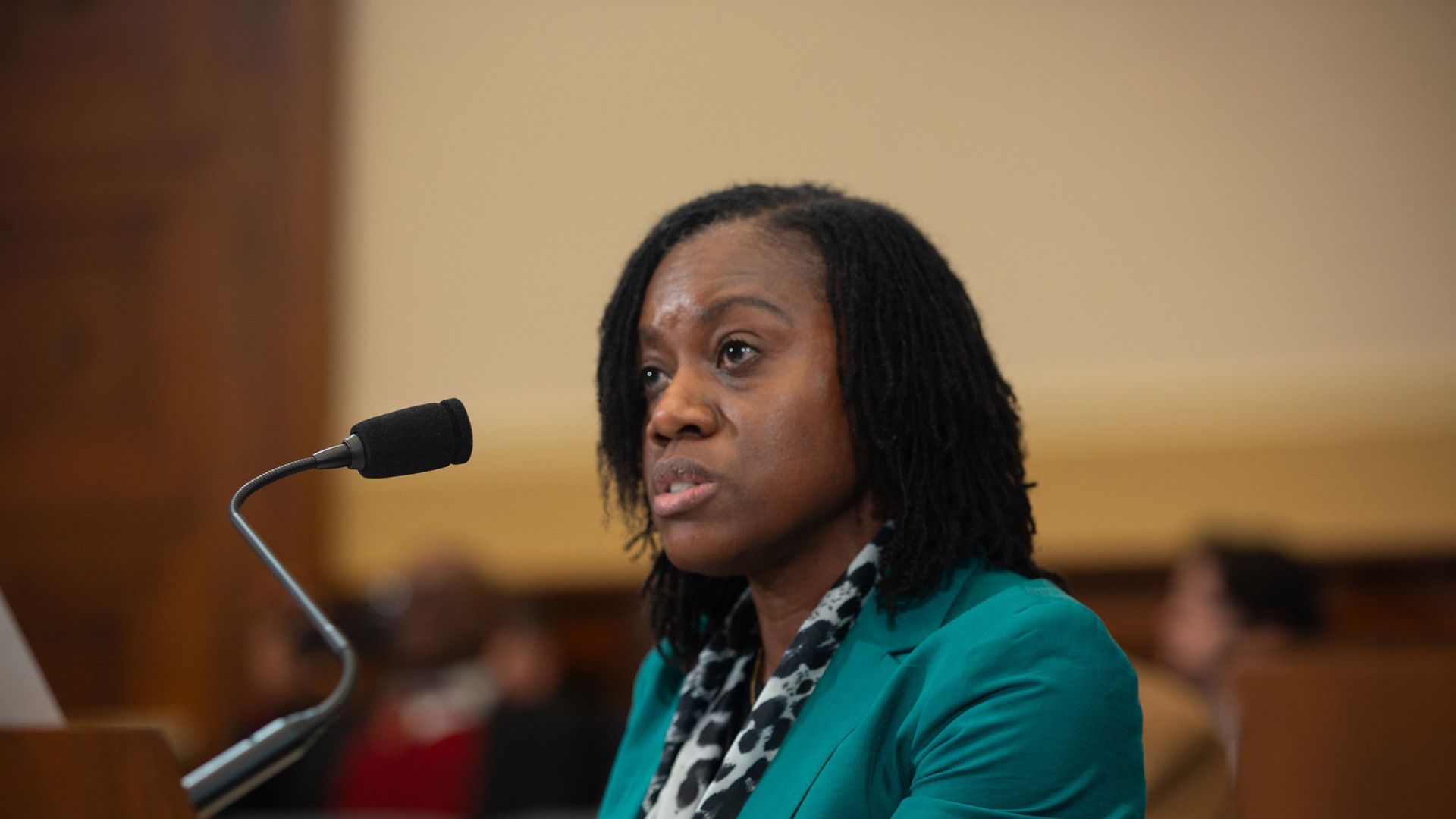
In a pivotal moment, President Trump’s redesignation of Nigeria as a "Country of Particular Concern" has raised alarms regarding escalating religious freedom violations. Oge Onubogu, a distinguished expert on African security, testified before Congress, emphasizing the complexity behind Nigeria's violence, which extends beyond simple religious persecution to deep-rooted governance failures.
The ongoing jihadist threats, ethnic tensions, and widespread insecurity have plagued the nation for years, exacerbated by political leaders who often inflame divisions for personal gain. While the U.
S. attention on Nigeria is welcomed by some as a means to hold the government accountable, there are fears that threats of military intervention could escalate tensions rather than foster meaningful dialogue.
Onubogu suggests a comprehensive engagement strategy that involves grassroots communities and broad-based discussions for sustainable peace and security reforms. The future of Nigerian-U.
S. relations hinges on mutual understanding and cooperative efforts to address the multifaceted challenges facing Africa's most populous nation.

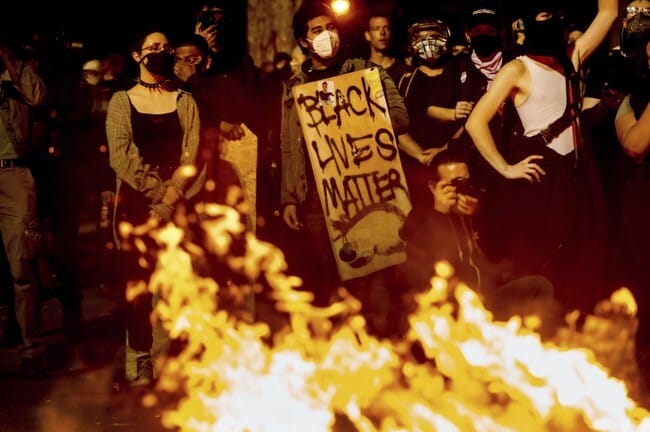
In "The New Definition of Blackness: When Race Stops Meaning Race," Jamie K. Wilson critiques the evolving concept of racial identity, highlighting how race has shifted from being defined by ancestry to ideology.
This change, exemplified by Joe Biden's infamous remark, “If you don’t vote for me, you ain’t black,” signals a troubling trend where one's political beliefs dictate racial belonging. Wilson argues that this redefinition is the result of a movement spearheaded by activists and academics who prioritize ideological conformity over authentic black experiences.
The article delves into how dissent is labeled as betrayal, thus reshaping the narrative around race, denying individuals the complexity of their lived experiences, and ultimately turning identity into a tool for political control. This manipulation, Wilson suggests, diminishes true racial identity to an ideological performance, raising profound questions about authenticity and belonging.
As race becomes "whatever the ideology requires," the article serves as a stark warning regarding the implications this shift holds for societal understanding of race and identity.
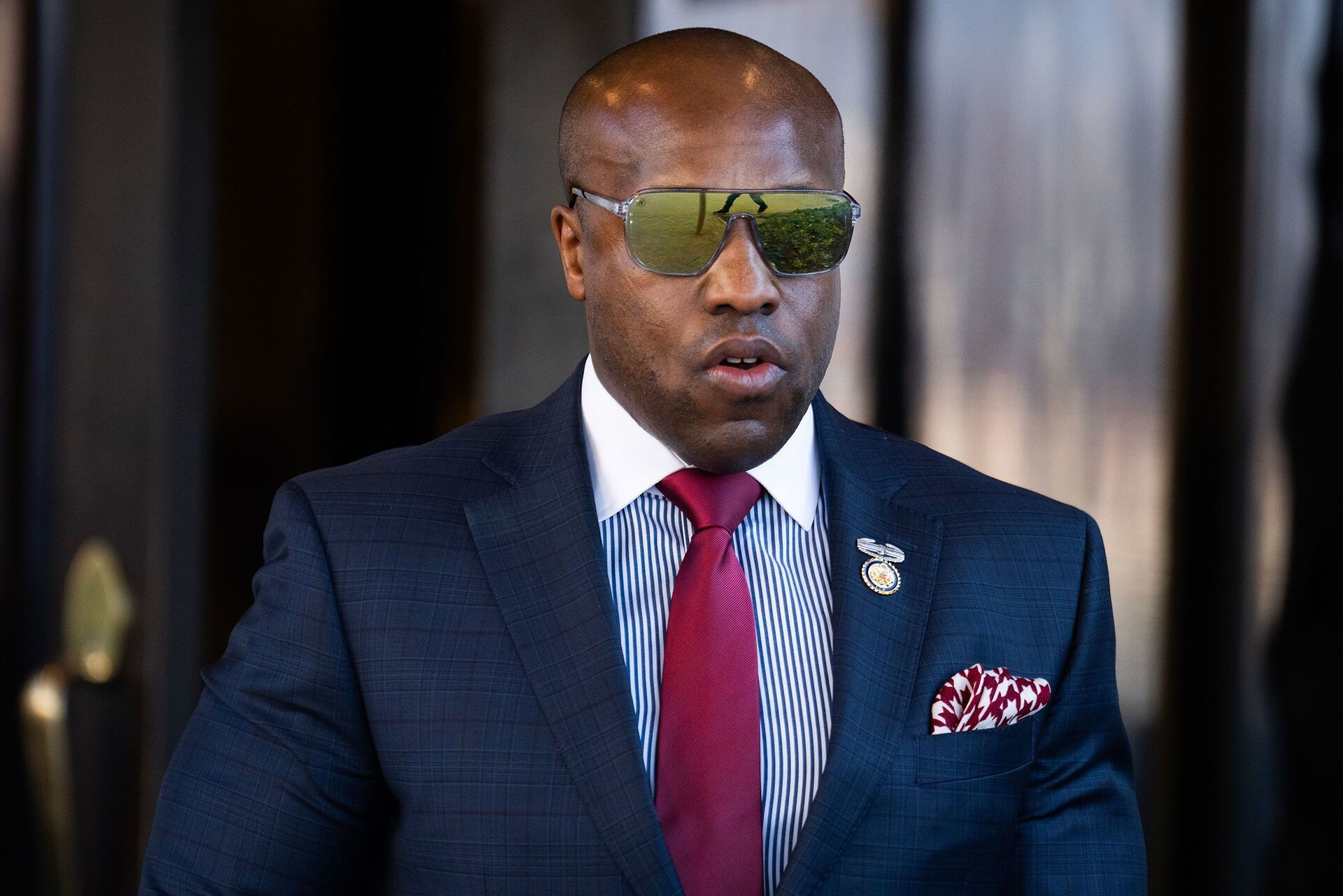
In a bold move shaking up the Texas Senate race, GOP Rep. Wesley Hunt has defiantly rejected calls from party leaders to drop out of the primary, promising to fight hard against incumbent Sen.
John Cornyn and AG Ken Paxton. Hunt, a two-term congressman and combat veteran, asserts he’s the true candidate to invigorate Texas voters, positioning his campaign as a “David vs.
Goliath” struggle. With tensions high, party insiders warn that Hunt risks dividing the GOP vote, potentially jeopardizing their chances in the critical upcoming midterms.
Despite pressure to retreat and claims he could be a "spoiler," Hunt is unwavering, emphasizing that Texas leadership will not be dictated from Washington. He plans to file officially for the race, vowing to offer voters a fresh alternative in a political landscape fraught with contention.
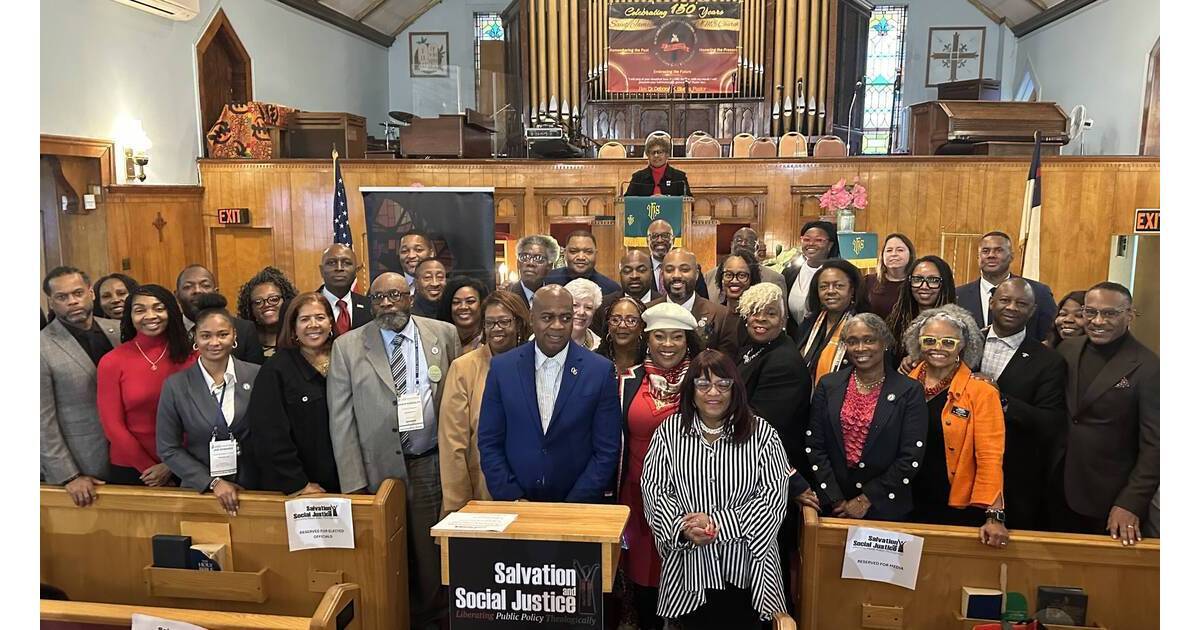
In an inspiring move towards progress, Black leaders in New Jersey are set to unveil a statewide Black Agenda this December in Atlantic City. This initiative aims to address the pressing issues facing the Black community and lay the groundwork for impactful policy changes.
By uniting leaders from various sectors, the agenda seeks to tackle systemic inequities, foster economic empowerment, and enhance access to education and healthcare. The announcement promises a dynamic gathering focused on collaboration and community engagement, highlighting the importance of a collective voice in driving change.
With a blend of passion and purpose, this agenda represents a pivotal moment for representation and advocacy in New Jersey. As excitement builds for the December event, the hope is to inspire action and strengthen unity among residents, ultimately working towards a brighter future for all.
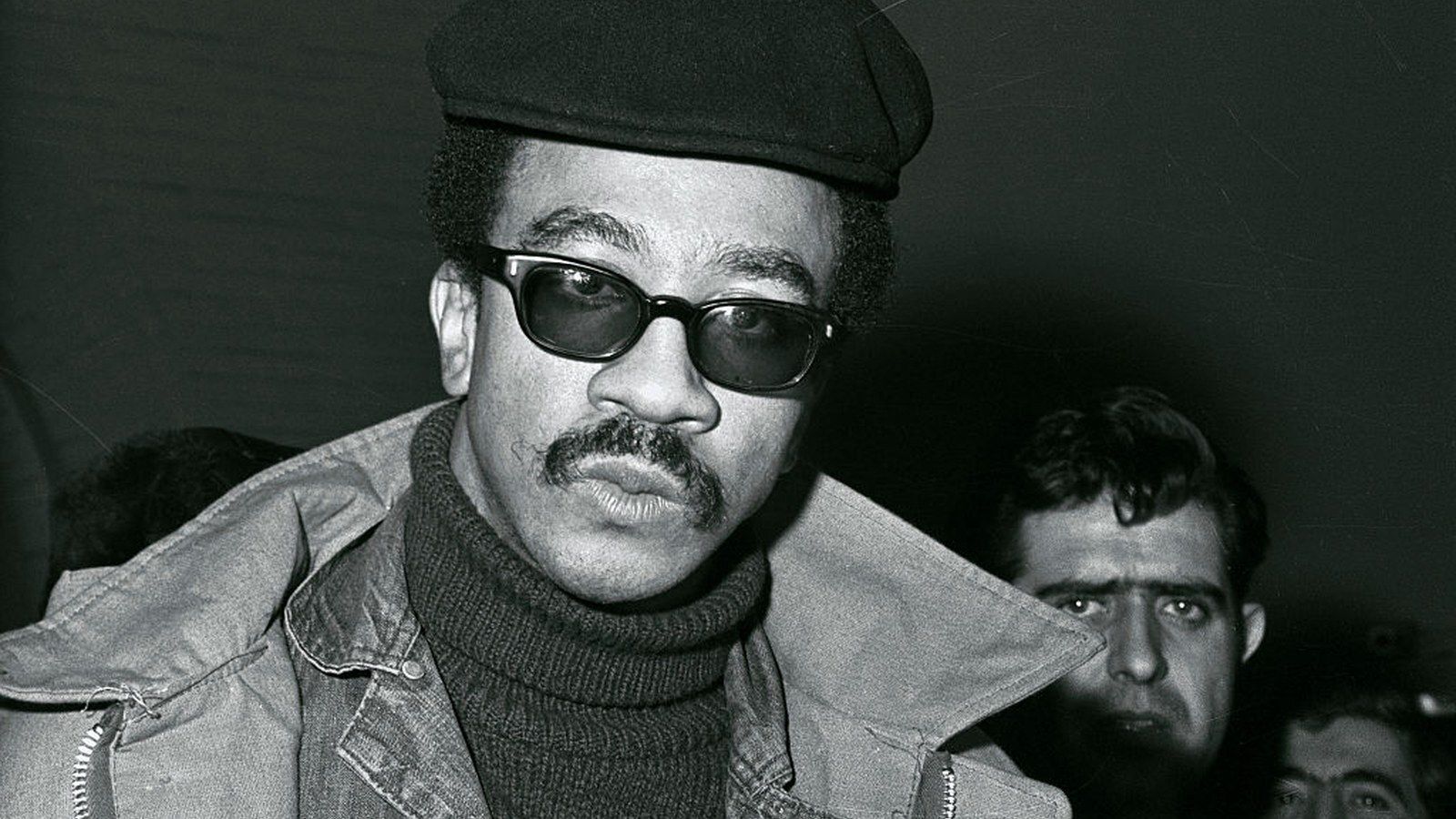
H. Rap Brown, the iconic figure of the Black Power movement who later became Imam Jamil Al-Amin, has passed away at the age of 82 while serving a life sentence in federal prison.
Known for his fiery speeches and unapologetic views, Brown emerged as the chair of the Student Nonviolent Coordinating Committee during the turbulent 1960s, advocating for Black liberation with fervor. His journey—from civil rights leader to prison inmate—was marked by controversy, particularly following his conviction for the 2000 shooting of two Georgia sheriff’s deputies, a case many still believe was unjust.
After converting to Islam and renaming himself Imam Jamil Al-Amin, he focused on community building and spiritual leadership in Atlanta, yet his past always loomed large. Brown's later years in prison were spent battling cancer, and he passed away amid ongoing discussions about his complex legacy.
Tributes poured in, highlighting the enduring impact he had as both a revolutionary and a spiritual guide. His life prompts a deeper reflection on justice, race, and the struggle for equality in America.

Keisha Lance Bottoms, the former mayor of Atlanta, is gearing up for a historic campaign to become the first Atlanta mayor to ascend to the Georgia governorship. With her eye set on the May Democratic primary, Bottoms is determined to secure votes statewide, despite facing a competitive field.
Her campaign is buoyed by her high profile and connections from national experiences, including a stint in the Biden administration.
However, she has her share of criticisms—Republicans are set to challenge her track record on crime and her abrupt decision not to seek reelection.
While Bottoms touts her mayoral achievements, like boosting city reserves and affordable housing, she faces skepticism about her ability to attract independent and moderate voters essential for a win.
In a state where no Black woman has ever been governor, Bottoms is navigating a complex political landscape.
Yet, she remains resolute, emphasizing her resilience and leadership skills as she strives to reshape Georgia's future for all its residents.

A recent study highlights troubling disparities in victim compensation claims for families of murder victims, revealing that those of Black victims face higher rejection rates than their white and Hispanic counterparts. While Black families submitted nearly 23,000 claims from 2015 to 2023, their approval rate stood at just under 82%.
In contrast, approval rates soared to 87% for white families and 89% for Hispanic families. The lead researcher, Daniel Semenza, criticized the system, stating it perpetuates racial inequities when it should provide crucial support to grieving families.
Alarmingly, over half of the denied claims for Black families cited “contributory misconduct” related to the victim’s alleged behavior, indicating potential bias against these families. The findings emphasize a need for reform in victim compensation programs to ensure fair treatment and support for all families, regardless of race, in their time of need.
This deeply concerning trend underscores the necessity for systemic change to address these inequities and support grieving families effectively.

Get ready to celebrate and reflect on the rich heritage of South Carolina at the unveiling of the 2026 South Carolina African American History Calendar on December 2, 2025! This annual tradition honors the remarkable contributions of African Americans who have shaped both the state and the nation. Taking place at the Richland Two Performing Arts Center, the evening kicks off with a delightful reception featuring local culinary talents and culminates with the exciting reveal of this year's honorees.
This year's calendar emphasizes a powerful theme centered on freedom and liberty, connecting the lives of trailblazers from the Revolutionary War era to present day—perfect timing as the country approaches its 250th anniversary. Created in collaboration with the South Carolina Department of Education and the University of South Carolina, the calendar serves as a vital educational resource that highlights often-overlooked narratives within traditional history.